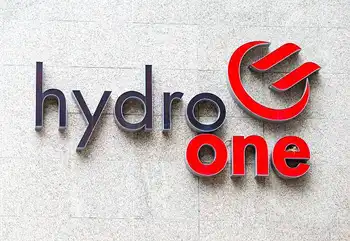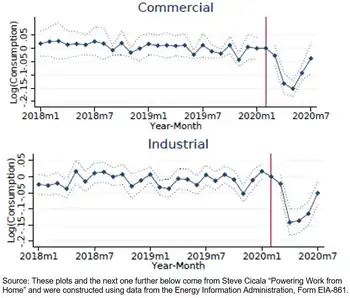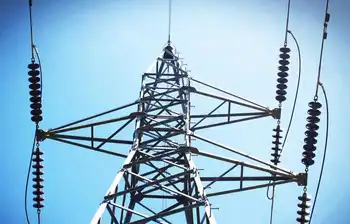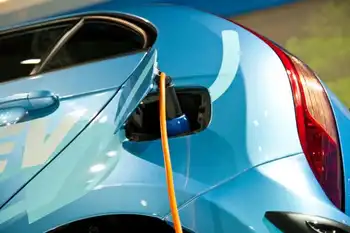Unplugging myths about EVs
By St. Petersburg Times
Protective Relay Training - Basic
Our customized live online or in‑person group training can be delivered to your staff at your location.

- Live Online
- 12 hours Instructor-led
- Group Training Available
To help it have a soft landing, Think CEO Richard Canny who spent 25 years at Ford put together some myths about electric vehicles EV.
Myth: You are just moving the pollution out of the cities to the countryside.
Busted: Electric vehicle motors are three to five times more efficient than gasoline-powered vehicles. The efficiency of EVs makes them cleaner, producing less carbon, under any situation - even when they are charged using coal-fired electricity.
Myth: Customers will never buy a car with less than a 200-mile range.
Busted: So-called "range anxiety" diminishes when people get used to driving EVs on a daily basis. It's just like charging a cell phone overnight. You plug it in, and in the morning it's ready to go, fully charged. As more EVs hit the road, businesses and cities will add charging points to encourage EV use. EVs can also be fast-charged our system goes from zero to 80 percent charged in just 15 minutes to help cover those rare situations when an EV will be needed to cover more than 100 miles in a single day.
Myth: The battery won't last.
Busted: EV batteries are designed to last at least 10 years and more than 100,000 miles.
Myth: You'll need to build a lot more power plants.
Busted: There's enough off-peak electricity in the United States to power 79 percent of U.S. driving demand. As more EVs are deployed, it's important to ensure that the smart-charging time-based charging management and vehicle-to-grid connectivity progresses as well.
Myth: We're going to run out of lithium, and isn't it poisonous?
Busted: Lithium carbonate today comes from dried salt lakes in South America Chile, Argentina and Bolivia and China. There are also other huge sources for lithium, although these are more expensive to develop. Lithium can even be extracted from salt water, and projects are under way to do this. The industry will not have a shortage of lithium for the next decade. It is also possible that new battery technologies will be based on other light metals like zinc or nickel. Lithium from used batteries will be recycled in dedicated recycling plants. Lithium batteries contain no poisonous heavy metals like lead in lead-acid batteries or cadmium in NiCd batteries.
Myth: Infrastructure must come first.
Busted: The best way to deploy EVs is to get cars on the road first, then add infrastructure. If there are no EVs to use those plugs and parking spots, people see it as wasteful. We think infrastructure is a small part of good policy at a federal, regional and local level to support EV early adopters.
Myth: They're not safe.
Busted: Highway-certified EVs meet all the same safety and crash test requirements as regular production cars, with some important extras.











